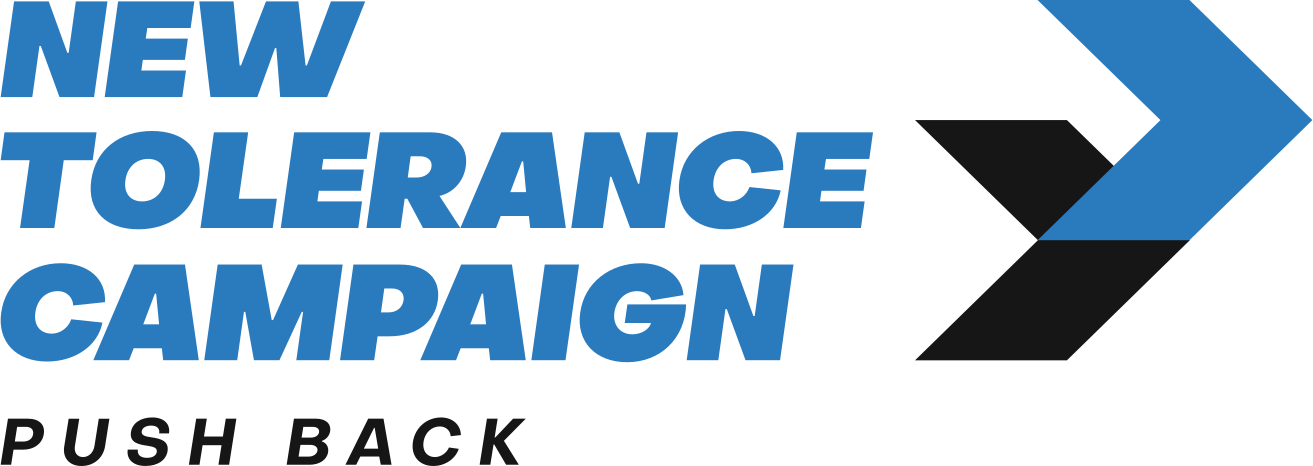Blog

Affirming DEI?
As DEI retreats in higher education, its influence continues to grow in corporate America
In the wake of the Supreme Court of the United States (SCOTUS) overturning affirmative action in college admissions in late June, there has been a subtle movement away from Diversity, Equity, and Inclusion (DEI) initiatives on many college campuses.
Despite the common refrain that ending affirmative action is racist and is deeply unpopular with the American public, it routinely is rejected by American voters across the country. California voters overwhelmingly dismissed overturning the state ban on affirmative action in 2020, with 57% voting to keep the ban in place. Nationally, a supermajority of the American public — close to 70% — oppose considering race in college admissions.
The vast majority of colleges and universities condemned the affirmative action decision by the Court and vowed to maintain avenues of factoring race into their admissions process, which is clearly contrary to their stated missions of equality. Harvard, an institution of higher education at the center of the SCOTUS case, has a Mission Statement that declares, “No one should be harmed or denied an equal opportunity to thrive because of their race, sex, ethnicity, sexual orientation, gender identity, national origin, disability, or religion” — a hypocritical statement in direct conflict with the school’s affirmative action policies.
In the wake of the SCOTUS decision, numerous institutions have begun to cut back on some of their so-called “diversity, equity, and inclusion” (DEI) initiatives that contradict equal opportunity for all students.
The New College of Florida, for example, dissolved its DEI office, as did the University of Arkansas. The University of Missouri, the University of Kentucky, and other schools announced an end to race-based scholarships, seeing them as next in line to be challenged in the courts.
But as DEI faces retreat in higher education, its influence continues to grow in corporate America.
DEI initiatives across the country have been supercharged in recent years. Following the riots of 2020, major corporations such as Microsoft, JPMorgan Chase, and Goldman Sachs all pledged to enforce racial quotas and meet diversity goals within five years (2025).
The corporations exceeded these goals. Microsoft, for example, hit their targets in 2023. Their response? To commit to even more divisive DEI projects.
In 2019, financial giant Goldman Sachs committed to racial quotas for new interns, and financial incentives to black and hispanic workers. Tech companies such as Google and Facebook have embraced similar quotas and race-based practices.
The Supreme Court decision striking down affirmative action in college admissions marked one step toward re-instituting a nationwide culture in which reward is based on merit rather than race. Whether we as a country continue on this journey in academia and in business remains to be seen.
